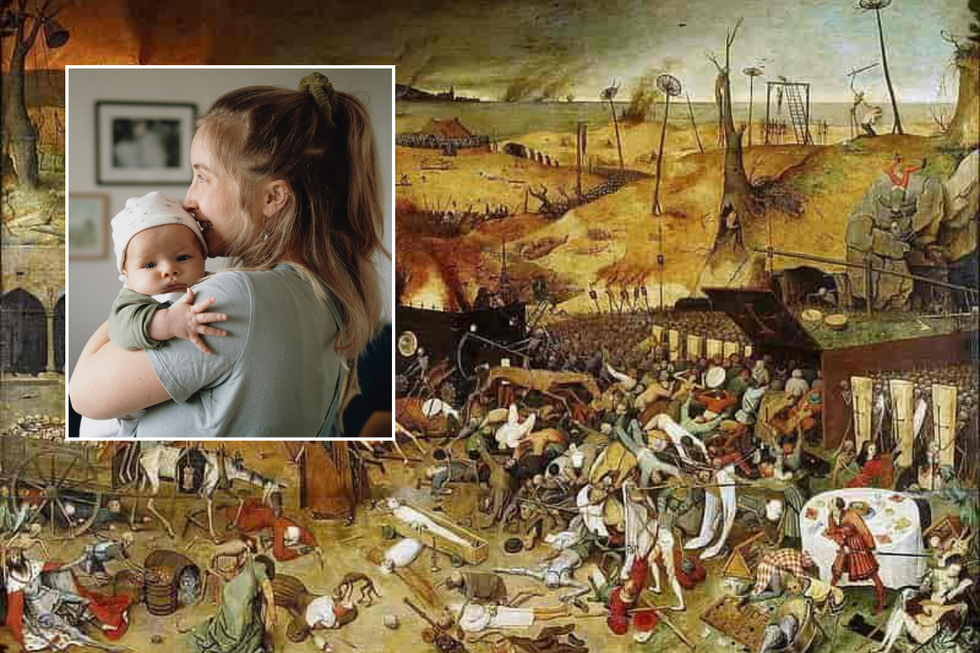World's population set to fall for first time since Black Death

Recent data has shown primary and secondary schools are seeing fewer pupils apply for once coveted spaces
Don't Miss
Most Read
Latest
A new study has found the global population is set to fall for the first time since the Black Death.
It comes as there has been a decline in the number of children being born for the first time in centuries.
In the study, conducted by the Institute for Health Metrics and Evaluation (IHME) and funded by the Bill & Melinda Gates Foundation, global fertility rates were on a persistently downward trend.
Experts said the rate fell from 4.84 in 1950 to 2.23 in 2021 and researchers predict it will decrease to 1.83 in 2050 and 1.59 by 2100.

The global population could fall for the first time since the Black Death
|Getty/WikiCommons
Senior author from IHME Professor Stein Emil Vollset said: "In many ways, tumbling fertility rates are a success story, reflecting not only better, easily available contraception but also many women choosing to delay or have fewer children, as well as more opportunities for education and employment" and added the world was "facing staggering social change through the 21st century."
Much like other high income countries, the UK has a fertility rate lower than the average, at just 1.49 in 2021. Researchers said it has fallen from 2.19 in 1950 and will continue to decrease to 1.38 and 1.30 in the next 25 and 75 years.
This societal change is already playing out, with recent data showing primary and secondary schools seeing fewer pupils apply for spaces that were once coveted.
Last week Penistone and Stocksbridge MP Miriam Cates said women should not be leaving it so late to have children and were being "exploited" by the "false promise" that egg freezing would work.
LATEST DEVELOPMENTS

Miriam Cates MP has warned that women should not be "leaving it so late" to freeze their eggs
|PA
By 2100, it will be 198 countries, or 97 per cent of the world by population, and countries in sub-Saharan Africa will account for more than one in every two babies born. Meanwhile, in 13 countries, including South Korea, Bosnia and Herzegovina, and Bhutan, women will have less than one child each on average.
Experts warned there could also be an increase in immigration from countries where there is still a "baby boom" occurring to plug workforce shortages, which will need to be managed.
Director at the University of Oxford’s demographic science unit Professor Melinda Mills said: "Shrinking and ageing populations demand preparedness and reorganisation of societies.
"From impacted food security and migration patterns to the very infrastructures of countries. Population composition affects infrastructure such as schools, housing, transport, housing and health care and pensions but also cultural and voting changes."
If the research is correct, it would would be the first time that the number of people on the planet has decreased since the Black Death bubonic plague pandemic.
The pandemic killed as many as 50 million people in the mid-1300s, including up to a third of the population in Europe.
Historians estimate that the global population fell from around 400 million to 350 million during this period.











